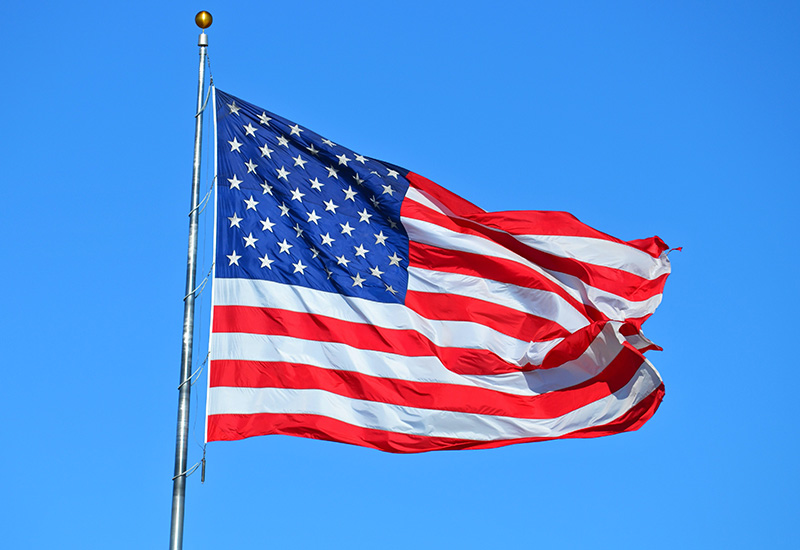Why American spelling is so different
by Ryn Yee
Recently, the Merriam-Webster dictionary added ‘irregardless’ to its ranks of acceptable words; given that dictionaries tend to be more descriptive rather than prescriptive when it comes to language, this is not a huge surprise. It has come to the chagrin of many, however. As an American living and editing in New Zealand, though, I find dictionaries and descriptive/prescriptive rules regarding spelling fascinating. Why is it that British and American spellings are so different?
Before moving to New Zealand, I worked as a teacher of English for Speakers of Other Languages (ESOL) for all ages. At the grad school I attended, all ESOL teachers-to-be were required to take a class on the history of the English language. This included discussing modern spellings and where they came from.
Lexicographers were fairly popular in the mid-18th century. Noah Webster, 1758–1843, is probably the most famous American lexicographer due to his most well-known book, Webster’s Dictionary. The English language had burst with new words over the two prior centuries, likely as a result of widening contact with other languages. The time was ripe for Webster to do his work, particularly with words borrowed from American Indigenous languages as well as immigrants to America.
His driving force was purely political ideology: Webster wanted to define and refine American as a language of its people, separate from British spellings and culture. It might even be said he thought it his patriotic duty to bring American English up to a high and consistent standard and make it wholly not-British. Part of this was from a desire to simplify the spelling and make it closer to how words were pronounced (e.g., ‘meen’ instead of ‘mean’) but also, importantly, ‘color’ instead of ‘colour’.
The endurance of his dictionary, even if that excludes some of his reformations, is primarily because it was more marketable than some of his contemporaries’.
For further reading, please check out the following articles on Webster and his dictionary.
Ryn Yee, is a freelance editor and EdANZ member. Contact her at eda@iped-editors.org.

